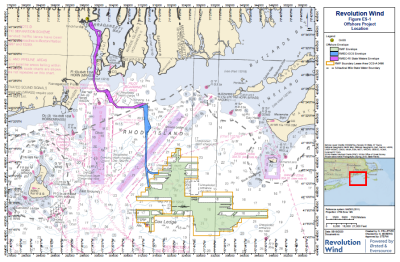The WorkBoat Composite Index ended the year on a down note, losing about 1.6%. For the month, losers topped winners 19-11. The Index gained 27% in 2013 and 12% in 2012. But the 28-point drop in December contributed to 2014’s overall loss of 85 points, or 4.7%.
Taking an even bigger hit was the Philadelphia Oil Service Index. It was dragged down by plummeting oil prices and lost 25% in 2014. In 2013, it gained 27% when it rode strong demand in the U.S. Gulf.
Despite this, operators were able to eke out a small gain in December.
Kirby, however, lost 16% in December. In its third-quarter earnings call in November when oil prices were still in the $70-$80-bbl. range, Kirby President and CEO David Grzebinski commented on the volatility in the oil markets.
“Due to the contractual nature of our marine businesses, brief fluctuations in pricing or in the oil price spreads ... they tend to have very little impact on us, either from a volume standpoint or a revenue standpoint,” Grzebinski said. “Assuming oil prices remain at current levels, we don’t expect to see a significant decline in U.S. production, or for that matter the volume of that production that makes its way to water. If WTI were to remain below $70 to $80 a barrel for a sustained period, growth in the waterborne transport of crude oil could be muted.
“However, we believe lower domestic feedstock costs are likely to provide further economic incentives to proceed with announced plans to expand U.S. petrochemical capacity, which we see as a long-term positive for our marine business. And as a reminder, we still expect significant petrochemical capacity to come online between 2016 and 2018, which should be a positive for our marine business.” — David Krapf




